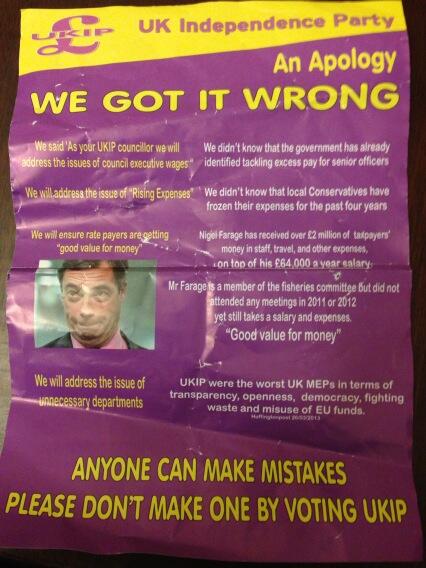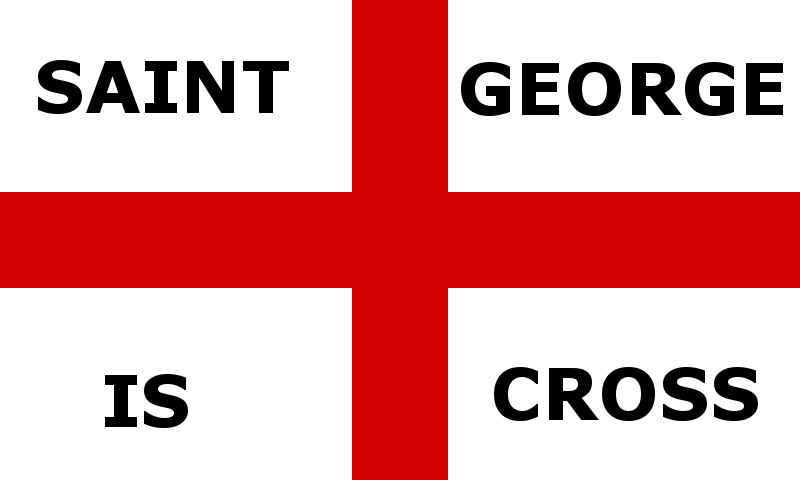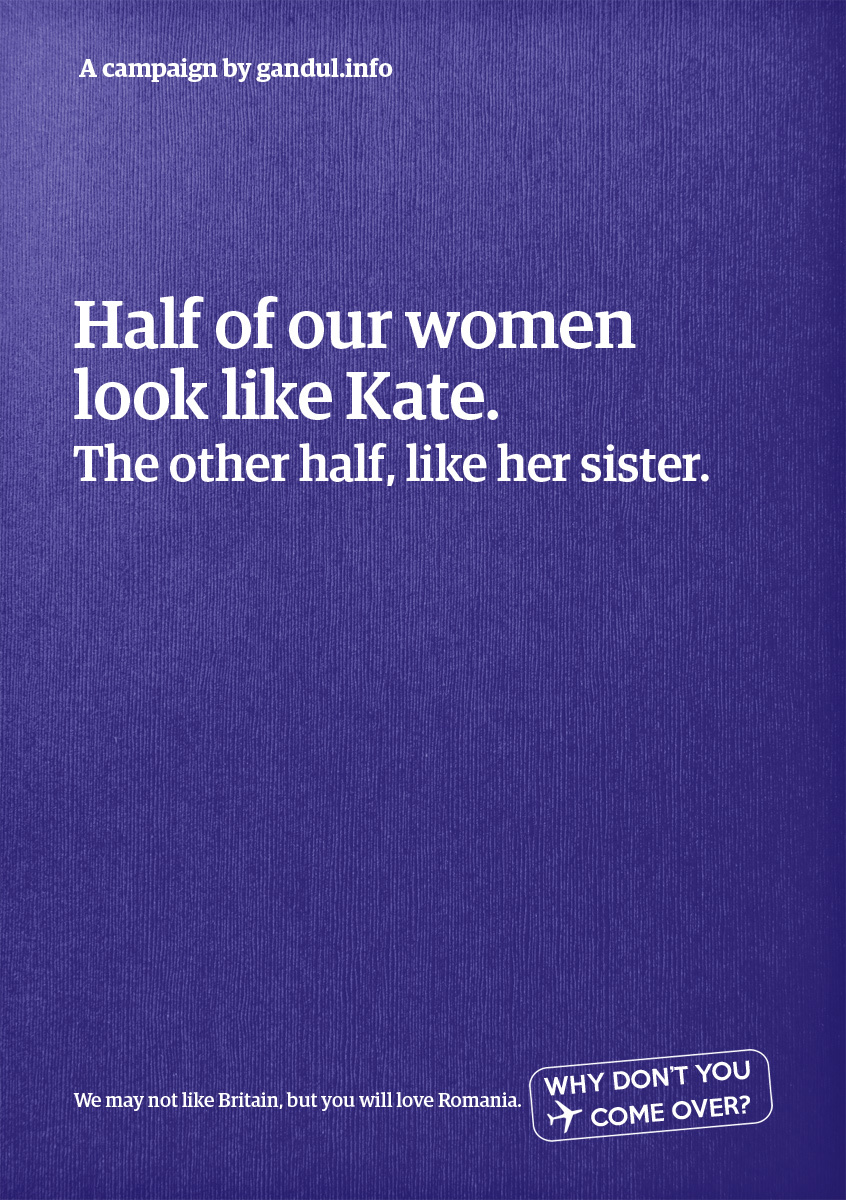After almost a week since the news that Margaret Thatcher died, we have had endless reams of historical analysis, diatribe, twitter storms, hanging-wringing about the state of the nations youth and not least reactions varying between the graceful and dignified to the outright ugly.
After this deluge, and I mean no disrespect, we are getting close to being Thatchered out.
However nonetheless some more comment is necessary. This is because, perhaps enough naturally in the circumstances, there has been very little commentary on what Thatcherism, or it's passing, means for the future.
Ed West made a stab at it in the Telegraph, but apart from that serious analysis has been remarkably light.
Plainly, there were two Margaret Thatchers. There was the ultra-courageous, adamantine-willed Boudicca who almost single-handedly brought Britain back from national ruin, unleashing a bonanza of free enterprise and prosperity. Then there was the cold-hearted, cruel and ruthless dragon who decimated manufacturing industry and Northern mining communities in particular. You believe in one or the other: there is no middle ground.
UKIP gets the first Thatcher perfectly. That is hardly surprising when it's leader is almost a caricature of the 1980's Thatcherite wheeling and dealing City trader. But to acquire power, UKIP must also really get to grips with understanding the second. Why is it that so many people, in the North especially, still hate Margaret Thatcher as profoundly as they do? This is a subject many people think they understand, but few really do.
As many people have said in defence of Thatcher this week, it is hard to convey now just how desperate and threatening the situation seemed back then. Industrial strife led by often nakedly political trade union leaders seemed to seriously threaten not just the economic survival of the country but it's very freedom. Growing up as I did in deep red Sheffield at the time, what I remember most is an almost sectarian level of class hatred and a profound resentment and mistrust towards anyone who had succeeded in life. The very idea of profit was a dirty word. The seriousness of threat was greatly magnified by the Cold War and the sinister, enigmatic Soviet Empire to the east. It seems incredible now, but contact with Eastern Europeans was virtually unheard of. Poles, Slovaks, Czech, Russians and even East Germans were all trapped behind the Iron Curtain and the grey melancholy of "Die Mauer" - the Berlin Wall.
The ideological threat that Thatcher succeeded in vanquishing forever loomed very large in our minds, and for this reason many, if not most commentators have assumed that those who hated her were ideologues who found themselves on the losing side. Led at that time by charismatic marxist orators such as Arthur Scargill or Derek Hatton, such people certainly made the most noise, and continue to do so.
The alternative explanation, that people hate and hated Thatcher because they lost their jobs, often baffles right-wing commentators. Yes, millions did. But millions lost their jobs in the recessions before and since. Moreover, Harold Wilson had closed more mines than Margaret Thatcher did. Why then this endless bitterness towards one woman?
It is only now with the perspective of age that I realise that the reasons for that hatred are primarily cultural, not economic. By the end of the 1970s, the industrial working class way of life that had endured and evolved since the industrial revolution itself was on it's last legs. Yes, more jobs losses may have been endured in previous times, but Sheffield still - just - remained Sheffield, Liverpool Liverpool, Manchester Manchester and so on. But Further job losses and the collapse of industries would spell not only economic heartache but the end of these cities' whole reason for being.
It was tough way of life, to be sure, but not without nobility - and a
masculine nobility in particular. Working men - and women - could be justly proud not only of doing dangerous and arduous work they faced with stoicism and courage, but of painfully building their communities up from nothing. I remember visiting the district where my late mother was born in the Lower Don Valley a few years ago. At the end of the road was a library - now shut - built by public subscription so that the local people could hope to better themselves through education. It stood as a stark, forlorn but deeply touching symbol of a profoundly dignified but now disgarded culture.
In the early 1980s as the closures and redundancies mounted, men often talked about "being thrown on the scrap heap". But in reality it was a whole way of life that was thrown on the scrap heap, and done so in what appeared to be ruthless indifference. Even if most people in these communities are materially better off today, that psychological wound has never healed.
To those of us to whom Margaret Thatcher was a heroine, the real villains of the piece were her pusillanimous forebears, who must have known the truth but lacked the moral courage to act until the situation became truly desperate. They, not Thatcher, were ultimately the sewers of discord and division.
But it really does not matter what we think. In many areas, her name is mud and always will be, and if UKIP is to be successful in the North, we have to take on board the reasons why, and what can be done to heal the still raw wounds.
As regular readers of this blog will know, I fervently believe that UKIP has a unique opportunity to revitalise the North, devoid as it is of the class baggage of the Tories and the ideological baggage of the Labour Party. Obviously the days when vast industrial concerns employed men by the several thousand are gone forever. But most of the UK can't and won't follow the now somewhat tarnished London City-state model, built, it seems to outsiders, on financial chicanery and hot money. Working class Northerners may admire Nigel Farage's straight-talking manner, but his way of life will never resonate with them.
Instead, UKIP must develop policies that encourage the North to develop it's own form of capitalism based on it's own traditions. The timing is perfect: it seems we are on the cusp of an exciting new technological revolution, with astonishing technologies such as 3-D printing, open source and advanced manufacturing being developed, and, not least, the enormous potential of shale gas.
Moreover, much of the groundwork has already been done: Michael Gove's free schools should allow industrial companies to set up their own technology schools specialising in advanced technologies. Just as importantly, although much of the North may remain bitter about Thatcher, the absurd marxist hostility to profit and enterprise has faded. What is missing is genuine localism where tax raising powers and decision making is devolved to local level. Let the North, not Metropolitan London, determine it's future, and it will rise to the challenge.
It can be done, if only the will - and the sensitivity - is there.



 wonkotsane is an author at Bloggers4UKIP.
wonkotsane is an author at Bloggers4UKIP.




 Andrew Cadman is UKIP member and self-confessed "middle-aged geek".
Andrew Cadman is UKIP member and self-confessed "middle-aged geek".



















